October 2016 Issue
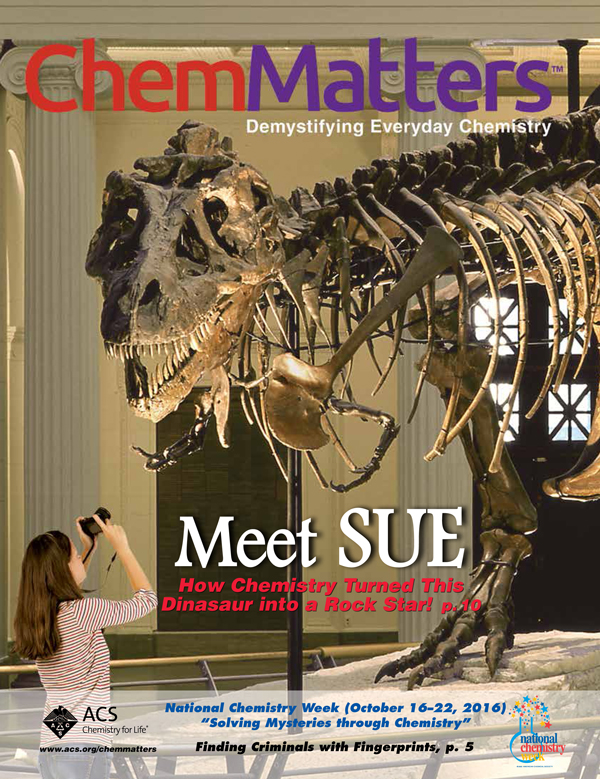

ChemClub Infographic Contest Winner
Departments
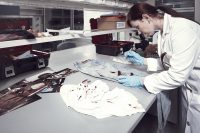
Open for Discussion: How Reliable Is Forensic Evidence?
By Brian Rohrig
Any type of evidence collected by a forensic investigator, such as fingerprints, blood, and DNA, does not necessarily imply guilt. Why is that?
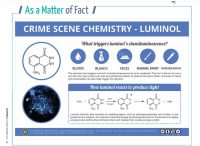
As a Matter of Fact
Crime Scene Chemistry – Luminol
(available in print issue only)
Features
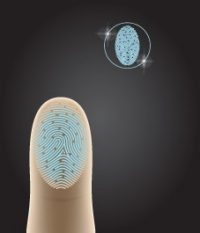
Guilty or Innocent? Fingerprints Tell the Story
By Brian Rohrig
Revealing the fingerprints left by a criminal is a tedious and timeconsuming process that involves… you guessed it, chemistry!
Teacher's Guide
Background Information for the Teacher's Guide

Vertical Farming: Does It Stack Up?
By David Latchman
As the global population grows, more food will need to be produced to meet everyone’s needs. One way to solve this problem is to produce food underground.
Teacher's Guide
Background Information for the Teacher's Guide

How SUE Became a Rock Star
By Gail Mitchell Emilsson and Michael Tinnesand
SUE is the largest and most complete fossilized T. rex ever found. A rock-like copy of her skeleton was preserved for millions of years until it was discovered in August 1990.
Teacher's Guide
Background Information for the Teacher's Guide
Video from the American Museum of Natural History
New Tools, Old Bones: Bringing Fossils to Life through Technology (from Great Big Story)
This video describes how dinosaur hunters unlock dinosaur mysteries in southern Montana.

Expiration Dates: What Do they Mean?
(available in print issue only)
By Molly F. Wetterschneider
Expiration dates are stamped on the packaging of many kinds of
foods. What do those dates mean, and what would happen if you
ate food that was past its expiration date?
Teacher's Guide
Background Information for the Teacher's Guide
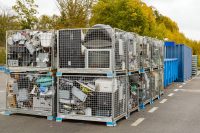
E-Cycling: Why Recycling Electronics Matters
(available in print issue only)
By Roberta Baxter
When electronic devices end up in landfills, the metals they contain can leach into water or be released into the air, which could cause harm to human health. The solution? Recycle these devices!
Teacher's Guide
Background Information for the Teacher's Guide



